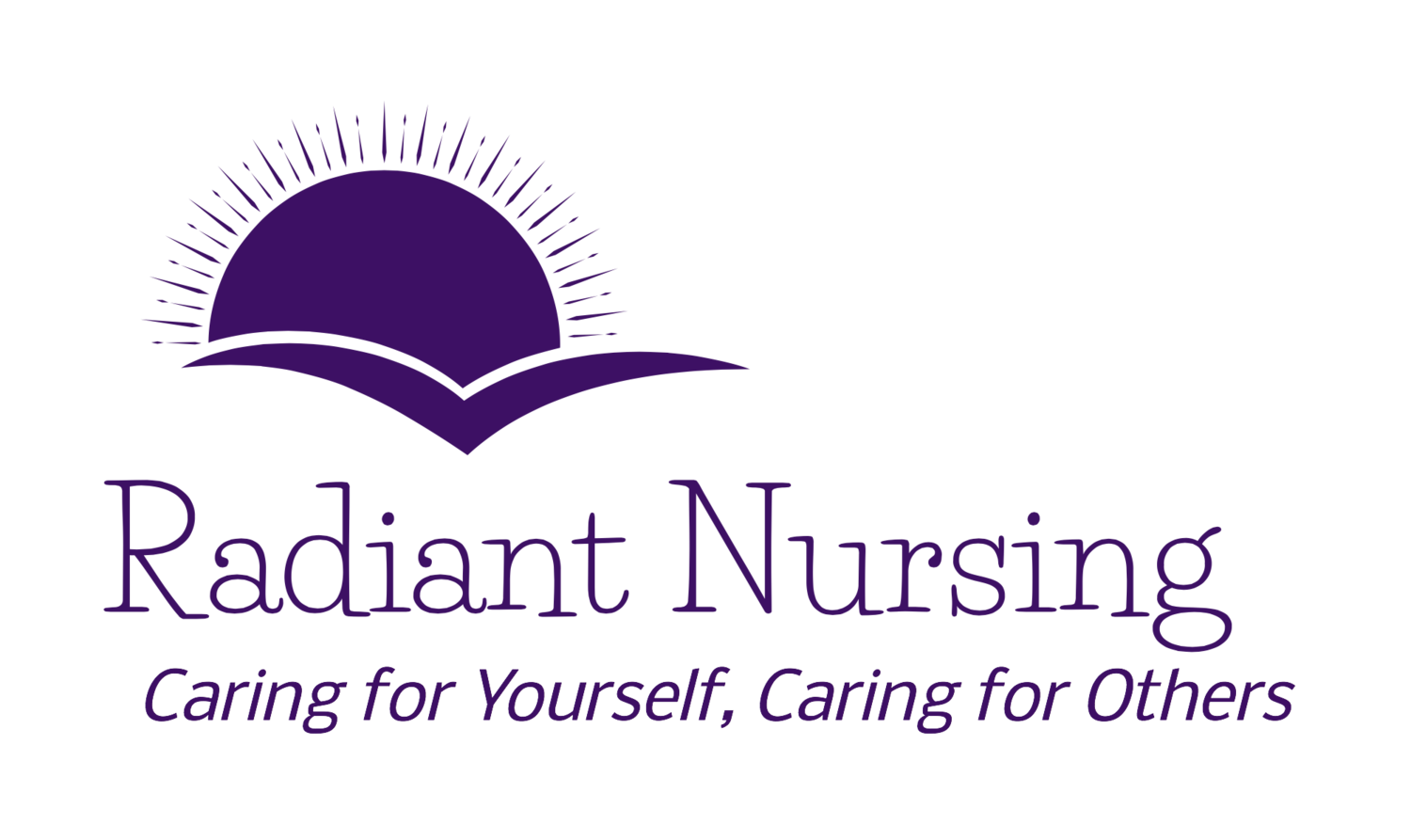A Dementia Evaluation Tool
/Dementia and Alzheimer's
How do we know where someone is within the world of dementia? It's as varied as the people experiencing it.
Some people can talk about it. Some can even say, "I have Alzheimer's."
Others don't really know they have it. Or, it's too shameful to say out loud.
The Greatest Generation
Our younger generations think everyone can say anything about everything, at any time, wherever they want. There seems to be a serious lack of verbal filters now-a-days.
In contrast, our older generation, often referred to as The Greatest Generation, is our World War II generation. These parents of the Baby Boomers – they don't really talk about things.
Like when they returned from World War II.
They didn't talk about it. They came back and went to work. They used the GI Bill, pursued education, bought houses, started families and got busy creating the middle class in America.
But, they didn't talk about it.
Most of them also don't talk about end-of-life processes and many don't admit dementia.
Dementia Ravages The Mind
Furthermore, if they are suffering with dementia, their ravaged minds often don't allow them to articulate the process. This disease strips away the very neurons they need to describe it to us.
We lack any lab tests that can tell us where we are in the wide ranges of dementia. No enzyme level or blood test can identify its degree of severity.
So, how do we evaluate where they are? How can we talk about it amongst family members and with healthcare providers?
The use of vague terms like "late stage dementia" versus "end stage dementia" are frustratingly unhelpful. How do you really define late stage or end stage?
How do you define moderate or severe cognitive disease? They are all nebulous descriptions at best, subject to each person's interpretation and qualitative view.
We need something quantitative, something we can all see and agree upon.
The FAST scale is just that.
FAST = Functional Assessment Scale Tool
It was exasperating when we met with my mother's neurologist and he told us, "Well, she is probably in late state dementia, but not yet in end stage."
Excuse me? And just what is going to tell us when she is in end stage?
He didn't have an answer.
We left his office and vowed never to go back. It was a waste of our time and money just to have him tell us she has dementia. Yeah, we already knew that.
The greatest help came when the Palliative Care Nurse Practitioner presented us with the FAST scale. Finally, something we could quantify.
Here was a way to make sense of this intangible, yet devastating, disease. We were grateful that we could see where our loved one fell on the scale. Family members could discuss it with clarity.
"Here's where we are. Here's where we're going."
We didn't know how fast or slowly we'd get to the various stages, but we could see the inevitable steps that were coming.
And we could see the end result.
Stages Of The FAST Assessment
As shown on the FAST scale, Stages 1 through 5 are simple numbers with a description. Once you get to Stage 6, it breaks down into categories of 6a through 6e. Then, at Stage 7, it is divided into 7a through 7f.
When someone enters Stage 6, Palliative Care might be an option. Once someone enters into Stage 7, it is usually considered appropriate to be in Hospice.
If you know anyone with dementia, take a look at the FAST Scale. It clarifies where your loved one is with the disease process.
The FAST scale provides a useful tool when we communicate with healthcare providers. Better healthcare decisions are made when we are all on the same page and use the same terms.
FAST scale for Alzheimer's Disease






